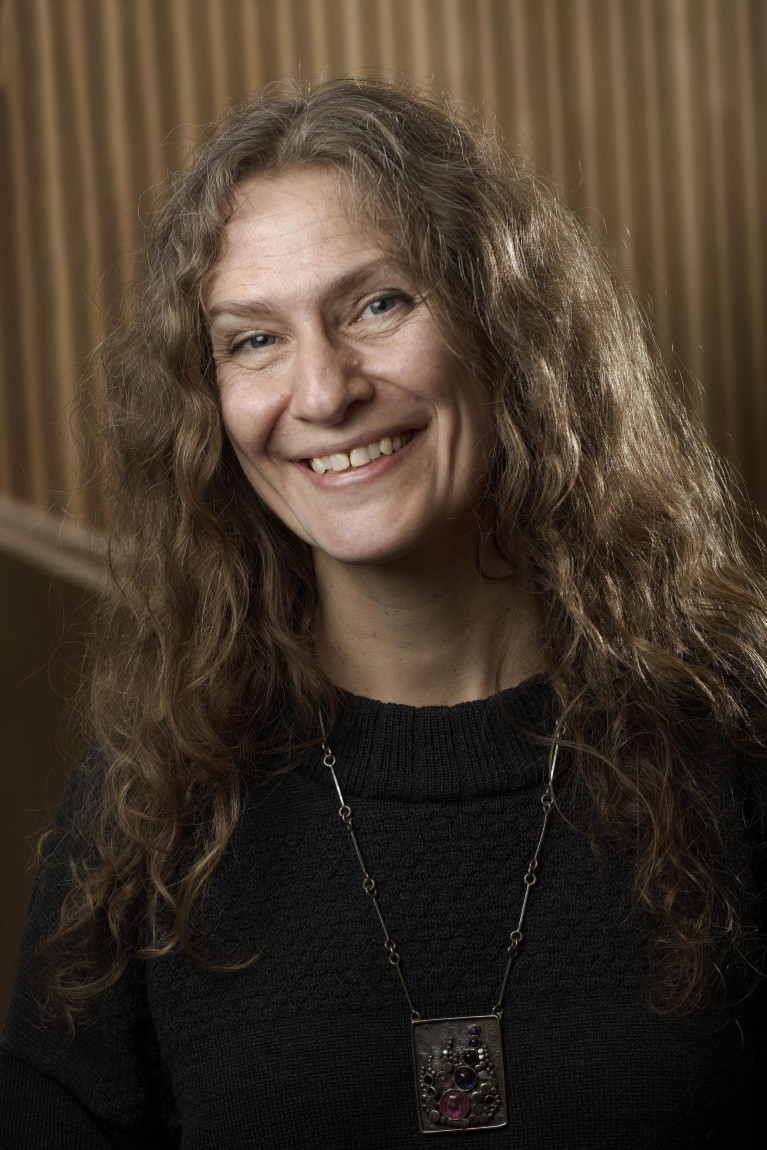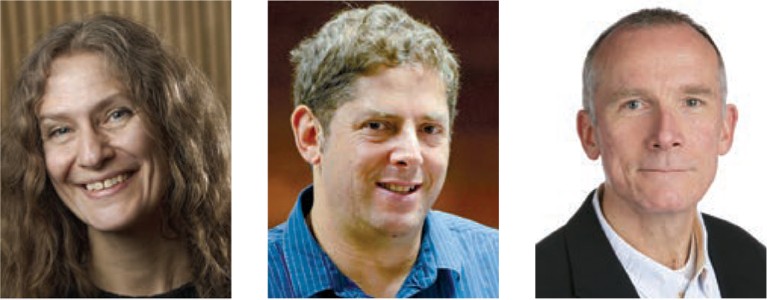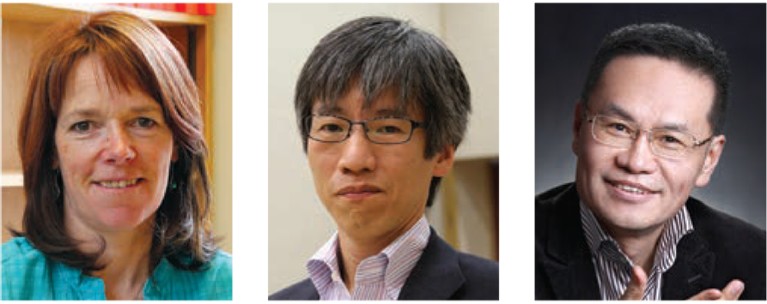Tine Rask Licht, National Food Institute, Technical University of Denmark (DTU Food), Denmark. Panel Chair
The recipient of the first grant is Isabel Gordo from Instituto Gulbenkian de Ciência, Portugal, who receives funding for the project entitled ‘In vivo long-term evolution of a commensal in the gut microbiota’. Dr Gordo leads an evolutionary biology lab that combines theoretical and empirical work aiming to understand the major forces that shape variation in microbial populations. Evolution of commensal bacteria in the gut environment is an intriguing and poorly understood field that is only beginning to be unravelled. The proposed project is based on a simple yet elegant system in mice, enabling the researchers to trace and study indigenous and invading bacteria at various time points. This work is expected to shed light on fundamental issues of great importance for our understanding of the gut ecosystem, such as the maintenance of gut homeostasis and the generation of diversity.
The recipient of the second grant is Niall Hyland from University College Cork, Ireland, who proposed the project ‘Drug–gut microbiota interactions: developing a pathway to personalized medicine in psychiatry’. There is growing evidence that the gut microbiota influences the action of a range of drugs, either by directly metabolizing them, or by changing host–drug metabolism. The applicant team sets out to develop an individualized approach, based on multi-omics, enzymatic and pharmacokinetic data as well as on microbiome features, to predict the effect of depression-associated dysbiosis on several relevant drugs. The results will potentially enhance the effcacy of treatment and increase patient adherence. Understanding the role of gut bacteria in drug metabolism may open important avenues for personalized medicine.
The judging panel chose these two projects based on the originality of the project ideas and the described approaches, the importance and scientific quality of the proposals, and on the qualifications of the applicants in relation to the proposed work.
Curiosity, in my view, is a key word when we want to move forward in science — and it was also a key force governing these two proposals. Many other submissions also boldly and creatively challenged some of the very basic, big questions in microbiome–health interaction. The selection process was not easy, and we received many more applications than anticipated. There are plenty of good ideas and talented minds out there.
Together with Yakult and Nature Research, I send a heartfelt thanks to my fellow panellists, Eran Elinav, Paul W. O’Toole, Karen P. Scott, Kiyoshi Takeda and Liping Zhao, for their time and effort. We are excited to see where microbiome science will take us in the coming years and feel privileged to have had this opportunity to help two of the best ideas to be realized.




